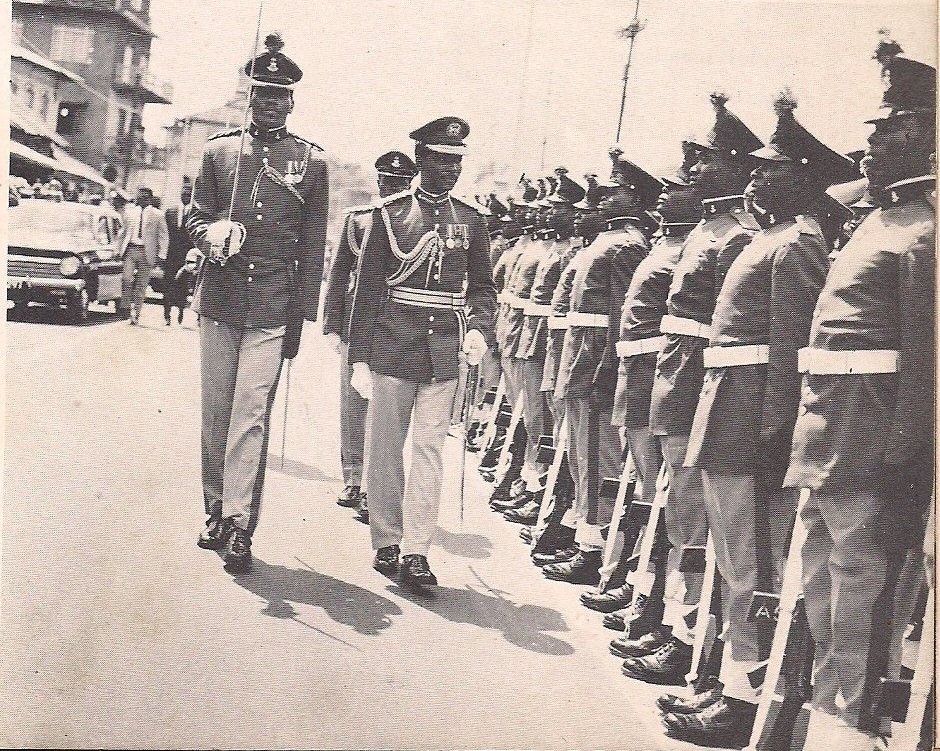Professor Andrew Jonathan Nok (1962-2017) was the first scientist in the world to discover the gene responsible for an enzyme which causes sleeping sickness (Trypanosoma).
#Thread
#Thread

The research breakthrough helped in forming the baseline for developing DNA-based vaccines against the disease which affects 60 million people and animals, mainly in rural parts of East, West and Central Africa.
He was Dean in the Faculty of Science at Ahmadu Bello University, Zaria, before he was appointed commissioner of health and human services by Nasir El-Rufai, the #Kaduna State Governor, in July 2015. Nok was later moved to the Education Ministry following a cabinet reshuffle.
In 2009, at 47, he was among five candidates that applied for the position of Vice-Chancellor at Ahmadu Bello University, Zaria. Although he reportedly came first with a score of 86%, he was denied the position allegedly on religious and ethnic sentiments.
Professor Andrew Jonathan Nok was born on February 11, 1962, in Nok village, Jaba Local Government Area of Kaduna State and schooled at LEA Primary School, Kaunda, and Government Secondary School, Kafanchan, Kaduna State.
In 1979, at 16, he was admitted into ABU, Zaria where he earned a BSc. degree in Biochemistry in 1983, a Master’s degree in 1988 and a Doctorate degree in 1993. He became a professor in 2003.
Nok died in the early hours of Tuesday, November 21, 2017. He was 55. #HistoryVille
Nok died in the early hours of Tuesday, November 21, 2017. He was 55. #HistoryVille
• • •
Missing some Tweet in this thread? You can try to
force a refresh










